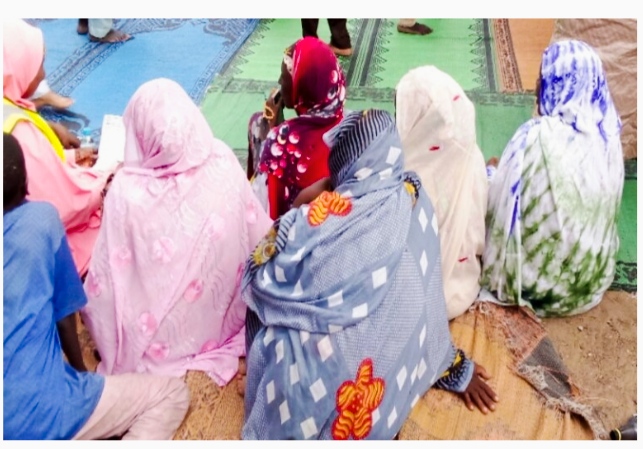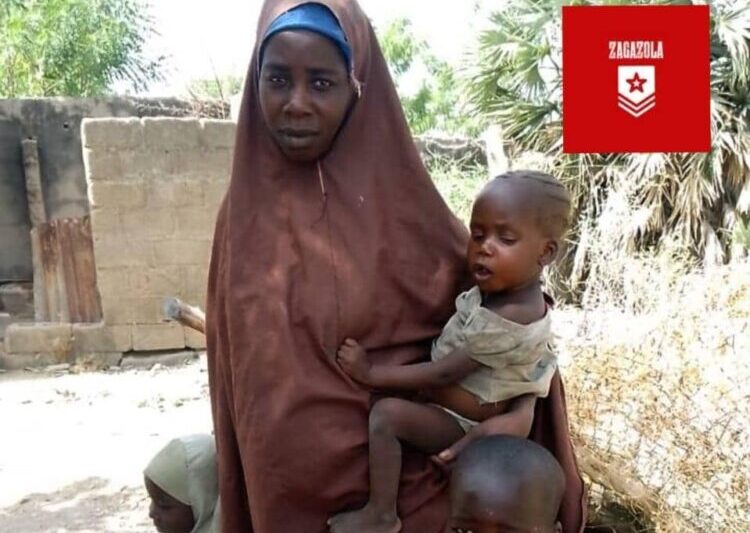The relevance and importance of African culture should not be allowed to be overtaken or lost by global cultures that young people are exposed to every day through information and communication technology.
Instead it was crucial that they were encouraged to use all means – including technology – to promote their own culture so that it did not become simply something of the past and of no value to anyone.
This was one of the significant messages emphasised at the second International Conference on Conflicts, Indigenous Institutions and Cultural Sustainability held at the University of Maiduguri in Borno State from February 1 to February 3.
The conference was organised by the German Academic Exchange Service (DDAD), the German government, the Centre for the Study and Promotion of Cultural Sustainability at the University of Maiduguri and the University of Cape Coast in Ghana.
The three-day conference was attended by delegates and representatives from institutions across Nigeria and around the globe. Local delegates included Baba Kura Abba Jato, the commissioner for home affairs, and who represented the Borno State governor, professor Abba Isa Tijjani, the director-general of the National Commission for Museum and Monuments, traditional leaders and academics.
Professor Saliba James, the director of the Centre for the Study and Promotion of Cultural Sustainability, said: “The objective of the event is to promote cultural studies in the West Africa sub-region, encouraging innovative researches into the cultures of this region and promote their relevance.”
He said everyone should be encouraged to learn about their cultures, from family level to community level, including internally displaced persons (IDPs), to bring attention to the significance of their traditions.
He said because of the rapid evolution of new information technology, many young people were exposed to outside global cultures. And, although this was acceptable and also of importance, it was essential that the youth should study their cultures and claim them as their own.
“Africa has been integrated into the global world system since the colonial period. When the African and the foreigners’ cultures connected, there was often conflict, with neither party knowing how to deal with the other’s culture. This has resulted in the progressive dilution of culture and young people often do not have a clear understanding and commitment to their African cultural values,” James said.
“The idea is to reassess and reaffirm the importance of supporting and promoting that which is the best of African cultures to the world; embrace their differences and uniqueness. Our young people should hold on to traditional dressings, art forms, music and dances, all of which are part of our cultures and they should be proud of them.”
He said respecting other cultures could be used to promote peace. Using the Lake Chad Basin as an example, he said, if people had respect for other cultures, it could be used as a peace-making resolution. If herders, fishermen and breeders had respect for one another and their cultures, it could resolve the ongoing conflict between them.
“Even the Boko Haram [Jamā’at Ahl as-Sunnah lid-Da’way Wa’l-Jihād (JAS)] insurgency could be eased within the context of cultural and religious values that promote peace. But no one has tried that method and that is why the kinetic military approach, using active warfare, including lethal force, has not resolved the crisis. He urged those involved to try cultural dimensions as a solution to the persistent and ongoing conflict.
Abubakar Othman, from the department of English and Literary Studies at the University of Maiduguri, said it was his observation that cultural practices were dying away and that was why it was important to examine the factors which would make them more relevant to national and international development.
“We need to reinvigorate African culture to make it more scientific so that it will be seen as a means to respond to the needs, demands and realities of the modern times; so that it can be relevant to the present and contribute to developing the future.”
He said technology could be used to create entertainment featuring cultural content.
Sadiq Lawan, the Curator in Collections at the University of Maiduguri, said efforts should be made, using cultural heritage, to resolve conflicts in the Lake Chad Basin, which had become a war zone between the military and non-state gunmen, contributing to the insurgency, affecting fishing and agriculture, all of which had a drastic impact on the socioeconomic wellbeing of people in region.
He called on the media to create avenues to showcase cultural ideologies that would encourage young people, who were hooked on social media and technology, to accept and promote their own cultures.
At the end of the conference young people performed different cultural dances, including the traditional Kanuri Ganga Kura and the Bura of the Babur Bura people.








